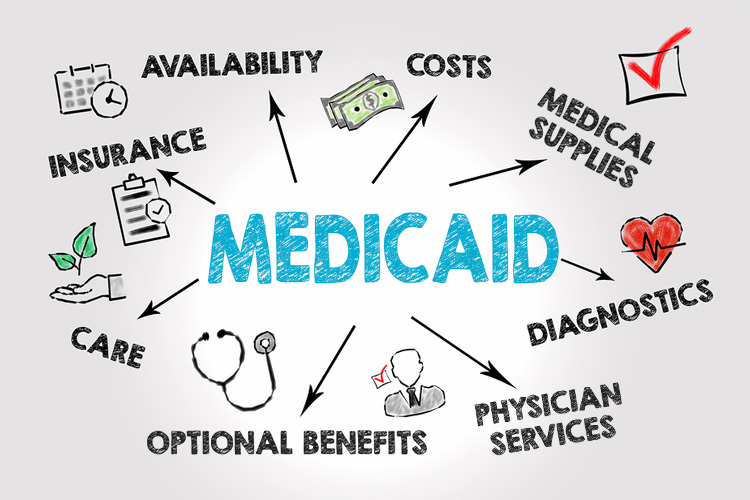A law passed on January 31, 2015 requires an attorney to file a Medicaid application. The experts at Seniors Information Center work collectively with Trusted Law Office to accomplish the same tasks as the high dollar law firm without the high dollar price. When a legal document is necessary, the Trusted Law Office will execute them.
Additional Florida Medicaid Information and Veterans Benefits.
Florida Medicaid Planning
- Medicaid Pre-Planning prepares for long-term care. It applies to a nursing home, assisted living facility, or special home health care services. Pre-planning is essential to prevent financial devastation.
- Crisis Medicaid Planning is when an individual will be entering a nursing home within a short period of time. Or they are already in a nursing facility and needs to qualify for Medicaid immediately. This is a crucial time. You will speak with a planner at Trusted Law Office who specializes in Florida Medicaid.
Eligibility
The Florida Medicaid Institutional Care Program (ICP nursing home benefits) looks at three criteria test to determine eligibility. They are technical, medical and financial.
There are certain criteria for Medicaid eligibility that fall into three basic categories.
- Technical: This criteria includes, age, citizenship and residency requirements
- Medical: To obtain nursing home Medicaid benefits a person must be disabled, blind, or advance age. In addition, meet a nursing home level of care. This assessment will be completed by the Department of Elder Affairs (Cares Units).
- Financial: This category includes income and assets. Florida is an Income Cap state. Therefore, there is an income limit for Medicaid eligibility. This includes income receive from Social Security, pensions, IRAs and all other forms of income. If the growth income is found to be over the Medicaid limit, then an irrevocable income trust (aka Miller Trust) is necessary. This gross income must be verified from the source.
Asset Test
To be Medicaid eligible, the applicant is only allow to have $2000 in assets. However, the community spouse is entitled to keep more. All of the married couple’s assets are considered whether they are held jointly or separately. It does not matter if all the assets are held jointly or separately in each spouse’s name.
Some assets may be exempt, such as a home and its contents, a vehicle, prepaid funerals and cemetery lots, and some types of trusts. Therefore, it is important to evaluate each asset carefully before knowing if the asset is countable or exempt.
Examples of countable assets are cash in the bank, stocks, annuities, bonds, land, minerals, non homestead property, notes receivable, boats, and certain extra vehicles. The amount of Countable assets change each year.
VA Benefits
A little known secret is government Veterans Aid & Attendance. This is a special pension and is a non-service connected pension. This means the veteran, spouse or widow does not have to have a disability as a result of military service. Veterans Aid & Attendance is particularly helpful for Assisted Living Facilities (ALF) residents or home health aides. Supplemental pension from the VA will help pay for the monthly cost of the ALF or for the nurse`s aide.
The Maximum Current VA pension rates are as follows:
- Single Veteran $1,788 per month.
- Married Veteran $2,120 per month.
- Widowed Spouse $1,149 per month.
- Veteran married to a Veteran $2,837 per month.
- Veteran benefit with dependent $2,120 per month.
Long-term care is funded by three different ways:
Private Funding
Individual or family members pay for nursing care or assisted living facility.
Long-term care insurance
If you have assets worth protecting. If you are young and healthy enough to qualify. In addition, you can afford the premiums. Then, long term care insurance may be your best option.
Medicaid
Achieving Medicaid qualification can be a daunting task. An elder law attorney specializing in Medicaid issues can assist you with decisions and help avoid costly mistakes.
Medicaid terminology
What about a married couple? The spouse in the nursing home is the Institutionalized Spouse. The spouse staying at home is the Community Spouse.
Qualifying for the Florida Medicaid Institutional Care Program (ICP)
The Florida Medicaid program is now SMMC-LTC (Statewide Medicaid Managed Care).
Long-Term care program:
This program provides Medicaid assistance to all qualified individual from 18 years of age and older. They can reside in a nursing home, assisted living facilities or at home.
Source Here
Book an appointment online now!
Learn more about Medicaid Planning Here

